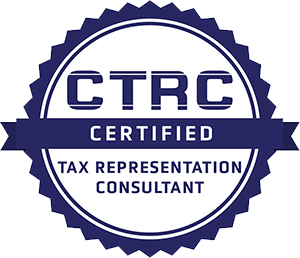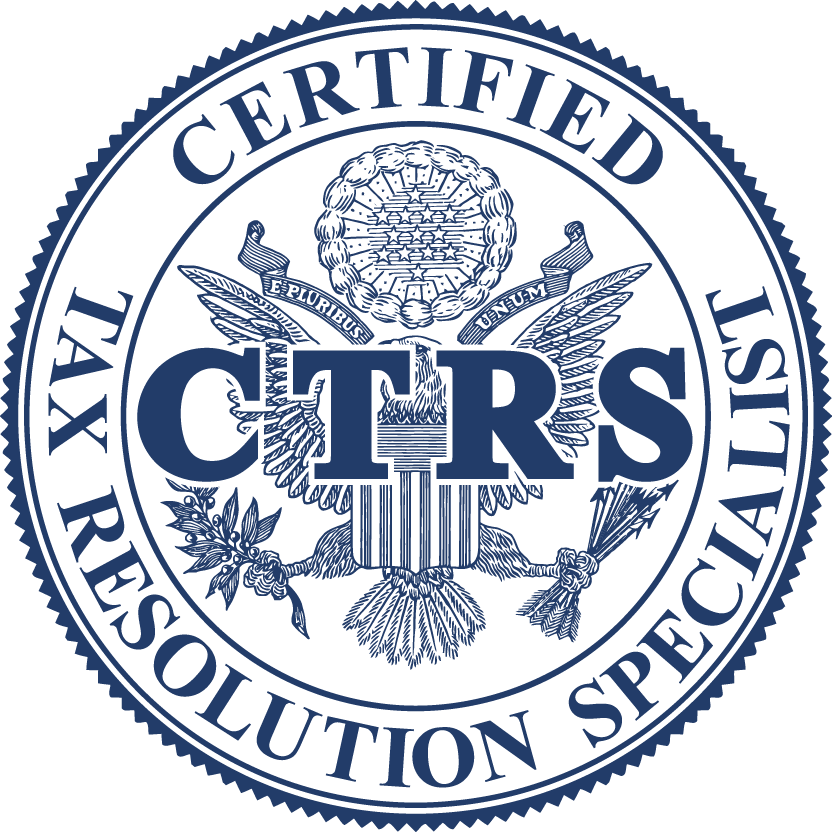Bankruptcy Tax Issues
If you find yourself in deep tax debt, and when looking at your current financial standing, you can’t see any way out of pending financial doom, you may find an unlikely aid in bankruptcy.
Bankruptcy is not an option for all cases, but there are situations where this could prove to be your solution to putting the brakes on a continued downward spiral. There are negative connotations to filing bankruptcy, but when you are in a position where your credit probably can’t get any worse, it just may provide the jump start to getting your finances cleaned up and put a halt to collections.
Dischargeability Criteria for Taxes
- 3-year – the tax needs to be three years old from the date filed April 15 or October 15.
- 2-year – the tax year itself needs to be three years old, and the return if filed late needs to be on file for at least 2 years.
- 240-day rule – any additional assessment needs to be 240 days old. This could be from an assessment made after an audit. All three of these criteria is needed for dischargeable tax.
The following are non-dischargeble:
- Fraud was committed.
- Tax evasion was committed.
- Unassessed income tax – this violates the 2-year rule.
- Payroll, withholding, and other trust funds which could include state sales taxes, state withholding taxes, state gasoline excise taxes – is money taken from the government.
- Property taxes.
- Employment, excise and custom duties.
- Gap claims – taxes that accrue between the petition date and the date of relief.
Contact us and we can see if this might be the alternative solution that fits your situation.
![]()
![]()
![]()
![]()



